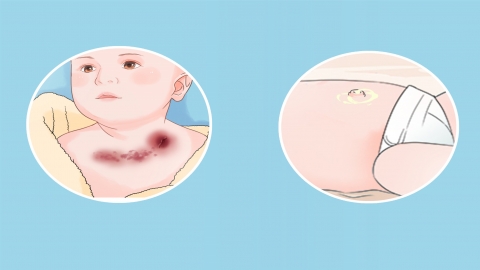Can neonatal enteritis lead to sepsis?
In general, whether neonatal enteritis can lead to sepsis depends on the specific circumstances. When enteritis is mild, the infection remains localized and is promptly controlled, sepsis typically does not occur. However, if the enteritis is severe, the infection spreads, or the newborn has extremely low immunity, sepsis may be triggered, which requires high attention. The detailed analysis is as follows:

If neonatal enteritis is mild, presenting only with slight diarrhea and slightly reduced appetite, without significant vomiting or fever, and the infection remains confined within the intestine, timely interventions such as fluid replacement and feeding adjustments can rapidly improve the condition. In such cases, bacteria or viruses do not breach the intestinal barrier and spread, so sepsis will not develop.
When neonatal enteritis is severe, with frequent and intense diarrhea, vomiting, abdominal distension, or accompanied by abnormal body temperature, pathogens in the intestine may enter the bloodstream through damaged intestinal mucosa, causing systemic infection that can progress to sepsis.
To prevent neonatal enteritis from progressing to sepsis, it is important to maintain feeding hygiene—bottles, nipples, and other feeding tools should be thoroughly sterilized. After a newborn develops diarrhea, the buttocks should be cleaned promptly to avoid skin breakdown and secondary infections.




